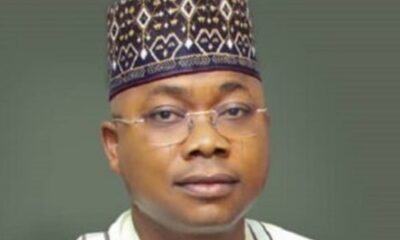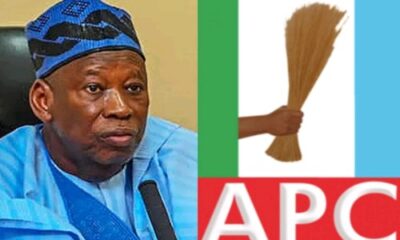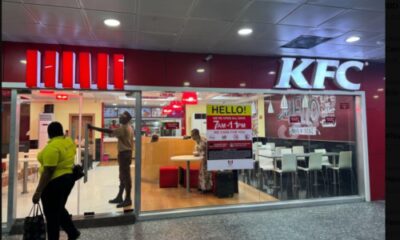- Re-elect Olusegun Ogbonnewo, Ojinika Olaghere as a Non-Executive Directors
The shareholders of Access Holdings Plc (“Access Holdings” or “the Group”) at the 2nd Annual General Meeting (AGM) held on Friday, April 19, 2024, unanimously backed the Group’s plan to establish a capital raising programme of up to US$1.5 billion as well as the subset initiative to raise up to N365 billion, specifically, through a Rights Issue of ordinary shares to its shareholders.
The proceeds of the Rights Issue would be used to support on-going working capital needs, including organic growth funding for its banking and other non-banking subsidiaries.
The shareholders also ratified the appointments of Aigboje Aig-Imoukhuede, Olusegun Ogbonnewo, and Ojinika Olaghere as Non-Executive Directors.
The appointment of Aig-Imoukhuede as the Chairman of Access Holdings was praised by the shareholders, who pointed to his rich history of success with the institution, having transformed it into Nigeria’s biggest lender by market value alongside Herbert Wigwe. Aigboje’s leadership was instrumental in driving the institution’s growth during the 2004 recapitalisation of the banking industry led by the Central Bank of Nigeria (CBN) under the leadership of its former Governor, Prof. Charles Soludo.
“We are thrilled with Aigboje Aig-Imoukhuede’s return to the role of Chairman. His proven track record, experience, and strategic insights position him as the ideal leader to steer Access Holdings towards meeting its lofty targets. During his tenure as CEO, particularly during the recapitalisation directive by the CBN, he steered Access Bank to raise an impressive $2 billion in capital, and this demonstrates his capacity to, once again, lead Access Holdings towards successfully achieving the objectives of our planned Capital Raise and Rights Issue targets,” said Chief Sunny Nwosu, Chairman Emeritus of the Independent Shareholders Association of Nigeria (ISAN).
In line with the Group’s strong financial performance, the payment of a final dividend of N1.80 kobo per every N0.50 Kobo ordinary share for the 2023 financial year was approved, marking a 28 per cent improvement from the corresponding period in 2022.
The Group’s full-year results for the period ending December 31, 2023, showcased an impressive 335 per cent increase in pre-tax profit to N729 billion from N167.68 billion in 2022. The Group also experienced an 87 per cent surge in gross earnings to N2.59 trillion from N1.39 trillion in 2022 and reported a remarkable 306 per cent growth in profit after tax to N619.32 billion, from N152.20 billion in 2022.
Commencing in the second half of 2024, Access Holdings’ global expansion strategy will enter the consolidation and efficiency phase, aligning with its five-year plan to accelerate the attainment of its 2027 strategic objectives. The Group remains focused on driving sustainable growth, and delivering value to its shareholders even as it continues to build a globally connected community and ecosystem, inspired by Africa, for the world.

 BIG STORY5 days ago
BIG STORY5 days ago
 BIG STORY5 days ago
BIG STORY5 days ago
 BIG STORY7 hours ago
BIG STORY7 hours ago
 BIG STORY3 days ago
BIG STORY3 days ago
 BIG STORY5 days ago
BIG STORY5 days ago
 BIG STORY2 days ago
BIG STORY2 days ago
 BIG STORY3 days ago
BIG STORY3 days ago
 BIG STORY3 days ago
BIG STORY3 days ago




































